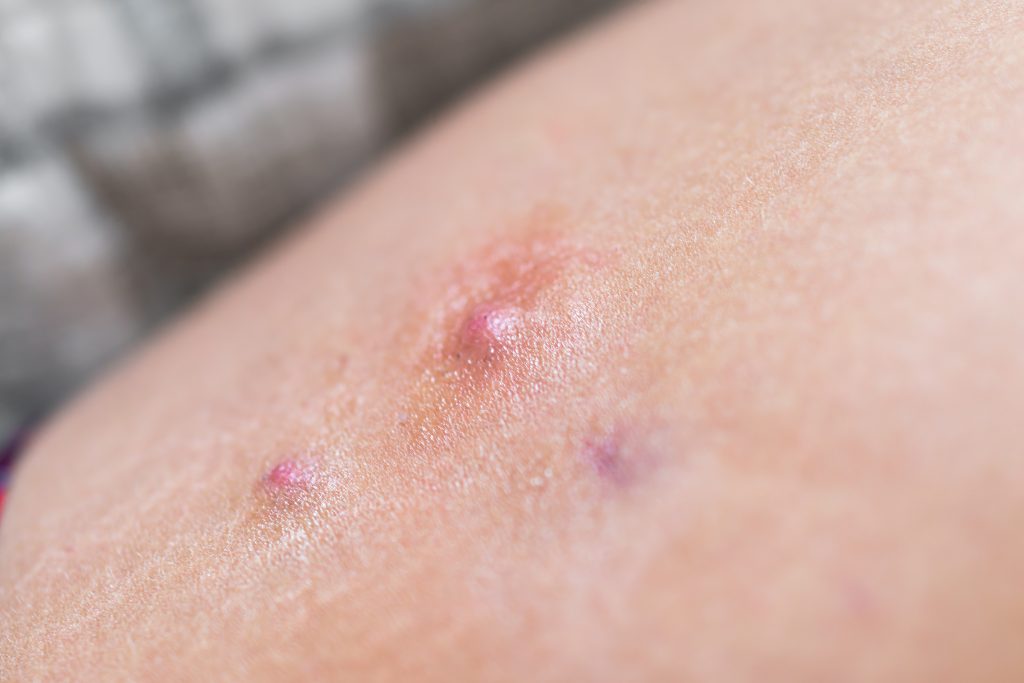Heat shock protein 90 inhibition by oral RGRN-305 may represent a novel way of treating hidradenitis suppurativa (HS), according to a study in JAMA Dermatology.
In the parallel-design double-blind trial of 15 HS patients, those patients who received oral RGRN-305, 250 mg, once daily showed a robust treatment response compared with their counterparts who received placebo after 16 weeks of treatment.
The study took place between September 22, 2021 and August 29, 2022 at the Department of Dermatology of Aarhus University Hospital in Denmark. Patients were randomly assigned (2:1) to receive oral RGRN-305, 250-mg tablet, or matching placebo once daily for 16 weeks.
The primary end point of Hidradenitis Suppurativa Clinical Response 50 (HiSCR-50) at week 16 was achieved by a higher percentage of those in the RGRN-305 group. Improvements were also observed across all secondary end points at week 16 including HiSCR-75 or HiSCR-90, Hidradenitis Suppurativa Physician’s Global Assessment, Dermatology Life Quality Index scores, and a pain numeric rating scale among people who received the study drug. Fully 50% of people who received RGRN-305 achieved HiSCR-75 and 30% achieved HiSCR-90, By contrast, none of the placebo-treated patients achieved HiSCR-75 or HiSCR-90, the study showed.
Treatment-emergent adverse events were not serious and were similar between the two groups.
Making the Case for HSP90 Inhibition in HS and Other Diseases
Earlier research showed that HSP90 inhibition by RGRN-305 ameliorated inflammation by targeting several key cytokines, such as TNF, IL-1β, IL-6, IL-8, and IL-17A, and signaling molecules, such as NF-kB and MAPKs (eg, ERK1/2 and p38). HSP90 inhibition has also been shown to suppress inflammation and improve the clinical course in experimental inflammatory models of rheumatoid arthritis and systemic lupus erythematosus, suggesting that HSP90 inhibition may help treat other inflammatory diseases beyond HS.
HiSCR responses in the new study were in the range with those reported for TNF and IL-17 inhibitors, but time to HISCR-50 was faster for biologic agents compared with RGRN-305, the study authors note. That said, RGRN-305 does offer some benefits over injectables. It is given orally, has a lower manufacturing cost, and confers no immunogenicity risk.
The bottom line? “These data warrant further clinical evaluations in larger trials to provide confirmation of the efficacy and safety of the drug, but also to explore this novel mode of action in other immune-mediated skin disorders,” conclude researchers who were led by Hakim Ben Abdallah, MD, a PhD student at Aarhus University.


